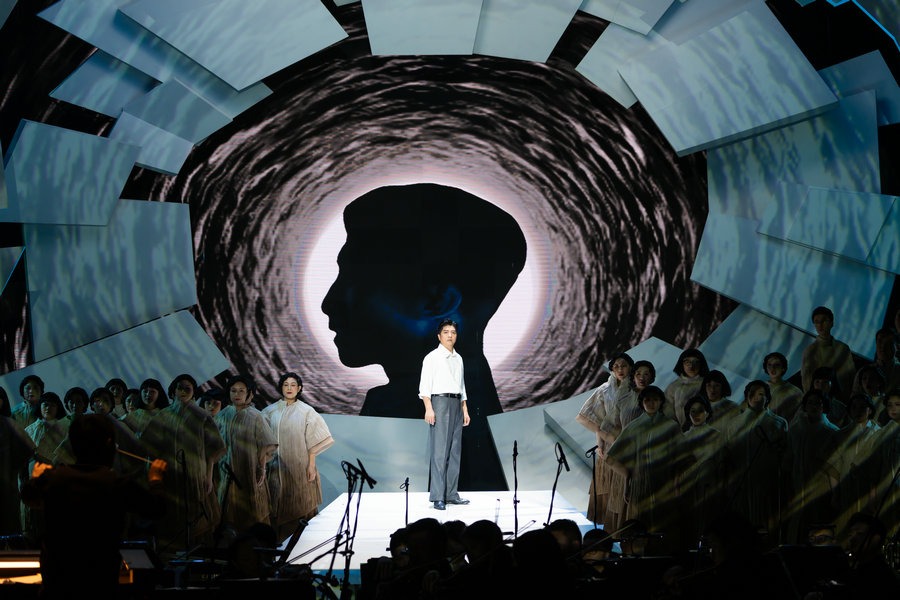Transcending barriers at film festival
Directors discuss developments and enduring legacy of cinematic exchange between two countries


In recent decades, technological advancements have dramatically transformed the film industries in both China and the US, with AI-powered visual effects now a staple of many productions. This evolution has sparked significant discussions and sharing between filmmakers from both countries.
"At the end of the day, all artistic activities revolve around humanity. It is especially the case for filmmaking, as the kind of authenticity that comes from real life and existence is truly invaluable," Chen said, while emphasizing the significant challenge of balancing artistic vision with technological advancements, stressing that the latter should support, not suppress, the former.
Fully recognizing this challenge, Zemeckis believes that cinema has always been a blend of technology and artistry. As the industry transitions into the digital age, he remarked that "everything is going to come back to the basics, which is story and character".
Challenges and chances
Other challenges are also emerging in the global film market as traditional cinema, a real-time cultural experience, is now confronted with fierce competition from the fast-growing popularity of short videos and online entertainment, which have become ever more ubiquitous and tend to dominate leisure time.
The 2024 summer box office in China fell short of expectations, with a 44 percent decline from the previous year — sending ripples through the world's second-largest film market.
On the other side of the ocean, US box-office revenue in 2024 is projected to be 10 percent lower than last year, according to Boxoffice Pro, a global cinema industry publication, and it will struggle to reach the pre-pandemic yearly sales level.





































